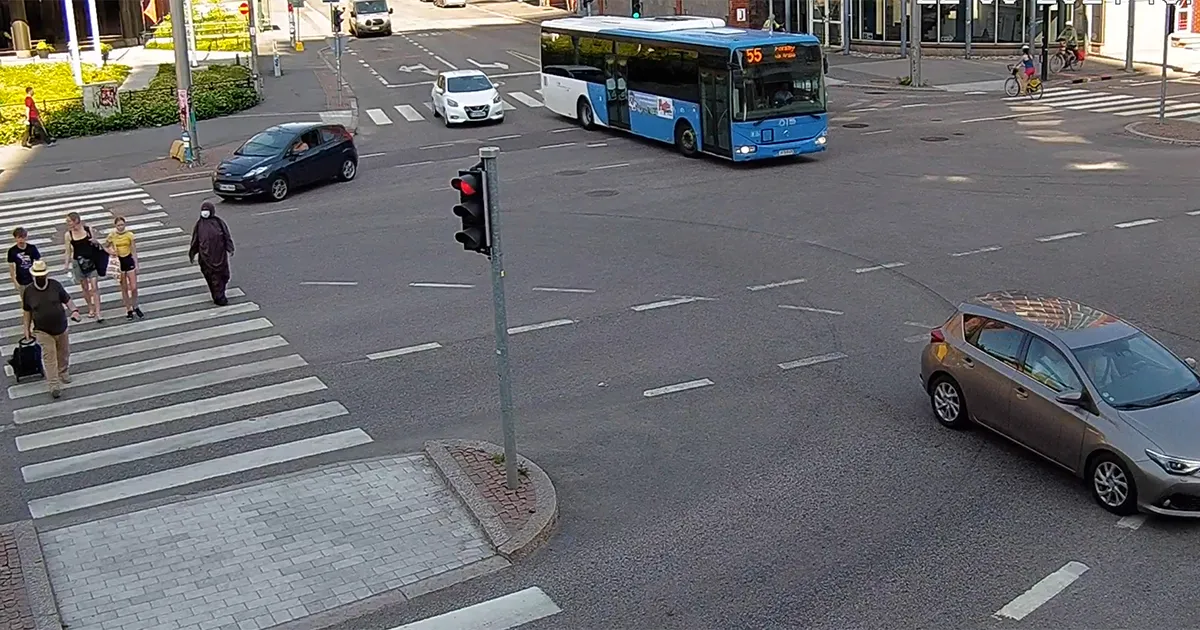As part of a larger effort to curb emissions from port-related vehicles, the Port of Seattle and its container terminal operating tenants have gone live with a radio frequency identification (RFID) tag program in support of the port’s Clean Truck Initiative. The program roll-out was a success, involving an average of over 2,000 truck gate moves a day with less than two percent of all port registered trucks reporting issues, which were able to be resolved in most cases within fifteen minutes. By gathering t
April 15, 2013
Read time: 2 mins
As part of a larger effort to curb emissions from port-related vehicles, the Port of Seattle and its container terminal operating tenants have gone live with a radio frequency identification (RFID) tag program in support of the port’s Clean Truck Initiative. The program roll-out was a success, involving an average of over 2,000 truck gate moves a day with less than two percent of all port registered trucks reporting issues, which were able to be resolved in most cases within fifteen minutes.
By gathering the data on the frequency of truck trips and age of vehicles, the Port of Seattle and its community partners are able to plan more effectively to meet future environmental program goals.
“These are great results, a lot of work went into preparing for this week’s successful truck RFID roll-out, and it shows” said Linda Styrk, managing seaport director for the Port of Seattle. “This is another example of the Port of Seattle’s leadership in reducing air emissions in Puget Sound.”
By gathering the data on the frequency of truck trips and age of vehicles, the Port of Seattle and its community partners are able to plan more effectively to meet future environmental program goals.
“These are great results, a lot of work went into preparing for this week’s successful truck RFID roll-out, and it shows” said Linda Styrk, managing seaport director for the Port of Seattle. “This is another example of the Port of Seattle’s leadership in reducing air emissions in Puget Sound.”










